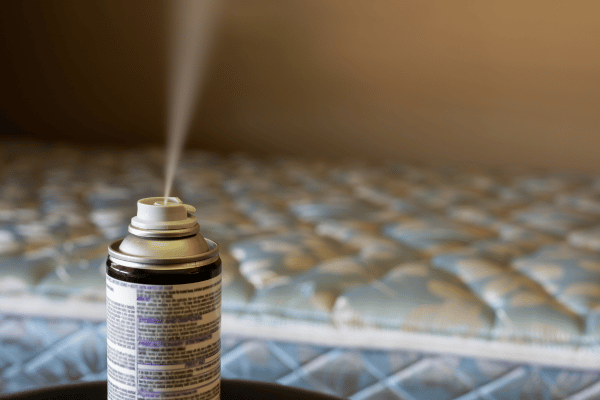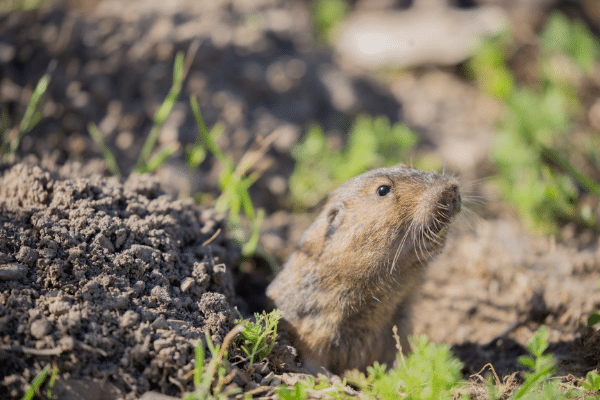- Home
- Rabbit Trapping
Rabbit Trapping
This post may contain affiliate links so I earn a commission.
Welcome to our rabbit trapping guide filled with tons of useful information about rabbits, how to trap them and what to do with them once you've caught one.
Rabbits play an important role as a sporting animal for hunters, and as a food source for humans and predators.
However, their valuable contributions are usually overlooked and we focus on the damage they cause around our home or garden.
If you have a garden, ornamental plants, a farm or fruit trees, chances are you have been plagued by rabbits at one time or another.
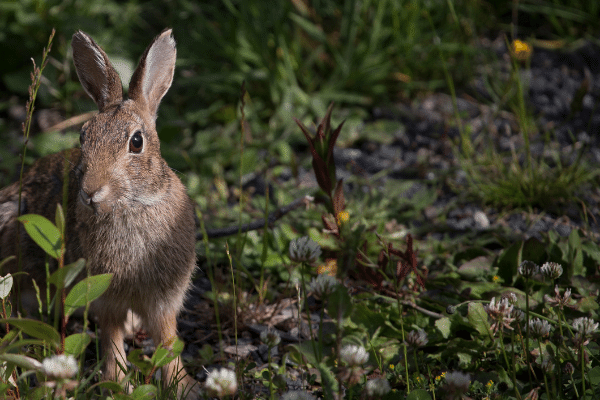
Since rabbits reproduce quickly and seem to be everywhere at times, the problem will not cure itself on its own and some type of intervention is required.
So what can you do to protect your garden or yard from rabbits?
Read below to find out more!
Rabbit Facts
Before you rush out and start your rabbit trapping adventure, it's important to understand a few facts about rabbits first.
For example, rabbits can have between 3-5 litters a year, which can help explain why rabbits seem to be everywhere at times.
Rabbits are built for speed and have exceptional hearing to protect themselves from predators.
Did you know that a rabbit can hear things up to two miles away?
By understanding rabbit behavior it will help explain why the animals are in your yard to begin with.
For example, rabbit teeth grow continually, which is why they they are always chewing on something.
Unfortunately while they wear down their teeth, it's causing damage to your property.
Have you ever wondered how long do rabbits live or what do rabbits eat? Click on one of these links to find out!
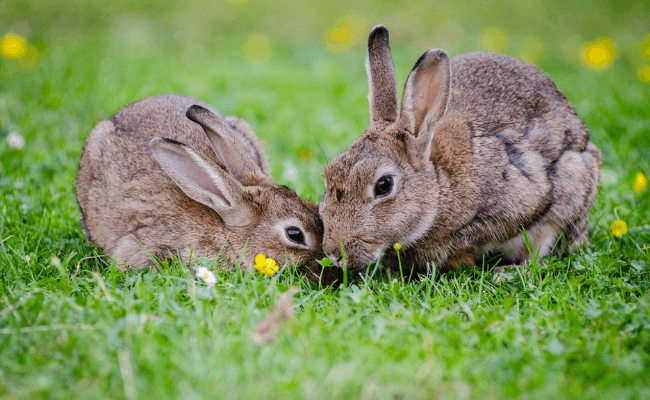
The world is full of different types of rabbits, especially captive, domesticated rabbits.
Captive rabbits have been bred to fall into one of five different body types which are:
- Arched
- Semi-arched
- Commercial
- Compact
- Cylindrical
Although wild rabbits don't have their own specific body type category, they closely resemble fully arched or commercial domesticated rabbits.
Even though wild rabbits are quite common, they can be quite elusive at times.
How many times have you harvested your luscious garden only to come back the next day and find it destroyed?
You've probably asked yourself….why now?
Where did they come from?
Learning how to identify a rabbit burrow, or rabbit tracks is a great place to start.
Have you ever stumbled upon a rabbit nest full of baby rabbits and wondered what to do with them?
These articles contain some great information to help you better understand our backyard bunnies.
Rabbit Trapping - Which Traps Work The Best?
Rabbits are actually pretty easy to catch if you know what you're doing.
Choosing the best rabbit trap is important.
For example, studies have shown that rabbits actually prefer to enter a homemade box trap instead of a factory produced metal live trap.
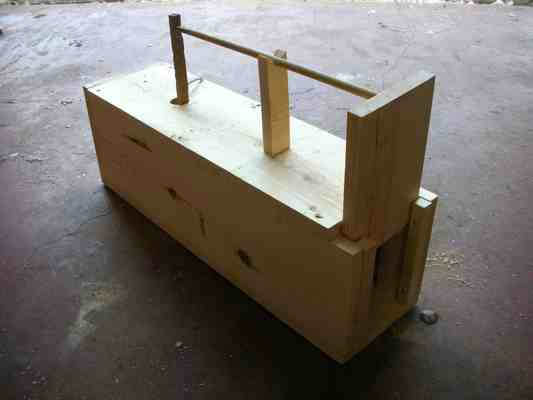
Want to build your own box trap out of a few basic supplies?
Use these free rabbit live trap plans.
The plans are easy to follow and the box trap is simple to make.
Plus, since this is a live trap, you can relocate the nuisance rabbit safely to another area if needed.
If you would rather take a different approach, you can use a rabbit snare to quickly catch several unwanted rabbits around your yard.
Snares are cheap to make and easy to set, but they're a lethal alternative so it just depends on your specific intentions.
Rabbit Prevention
Lets face it, rabbit trapping may not be for everyone.
Thankfully there's a lot of humane, non-lethal ways to remove an unwanted rabbit from your property.
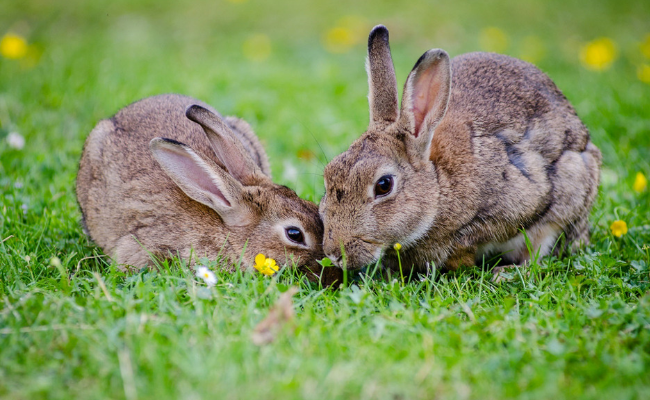
For example, you can plant rabbit proof plants that rabbits won't eat, or install a rabbit proof fence around your garden.
We live in a rural area sounded by open fields, brush and wooded terrain.
Our garden sits right in the middle of prime rabbit habitat.
Therefor, rabbits have always destroyed our garden and it's been a constant battle to keep them out.
So, I did a lot of research and decided to try a rabbit repellent called liquid fence.
This stuff is amazing, and as long as you apply it on a consistent basis, it will keep deer and rabbits away from anything you spray it on!
Cooking Rabbit
Whether you an avid rabbit hunter or you simply don't want to be wasteful…..rabbit meat is delicious.
However, if you don't have a lot of experience with wild game, cooking rabbit might sound intimidating.
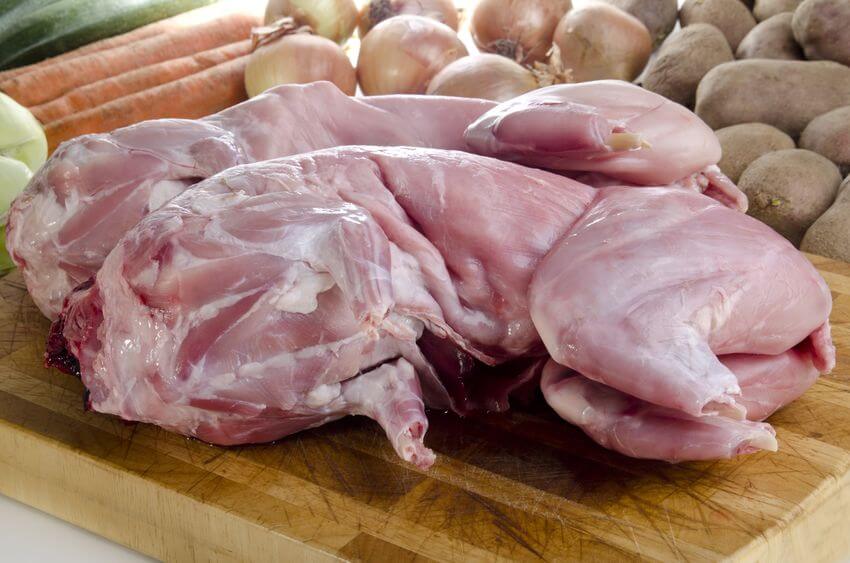
Some people have heard of rabbit starvation and think that rabbit meat is bad for you.
Actually, rabbits are completely safe to eat, but they do lack specific nutrients that your body needs to survive.
So, you just can't eat rabbits every single day without some other fruits, fats and vegetables mixed into your diet.
Interested in cooking a rabbit but not quite sure how to clean one?
Read here to learn how to clean a rabbit.
Overall - Rabbit Trapping
Rabbit trapping plays in important role in controlling the rabbit population and reducing the amount of damage they cause around your home.
With a few basic supplies or preventative measures you can keep your garden, flowers or shrubs safe from this notorious plant eating machine.

